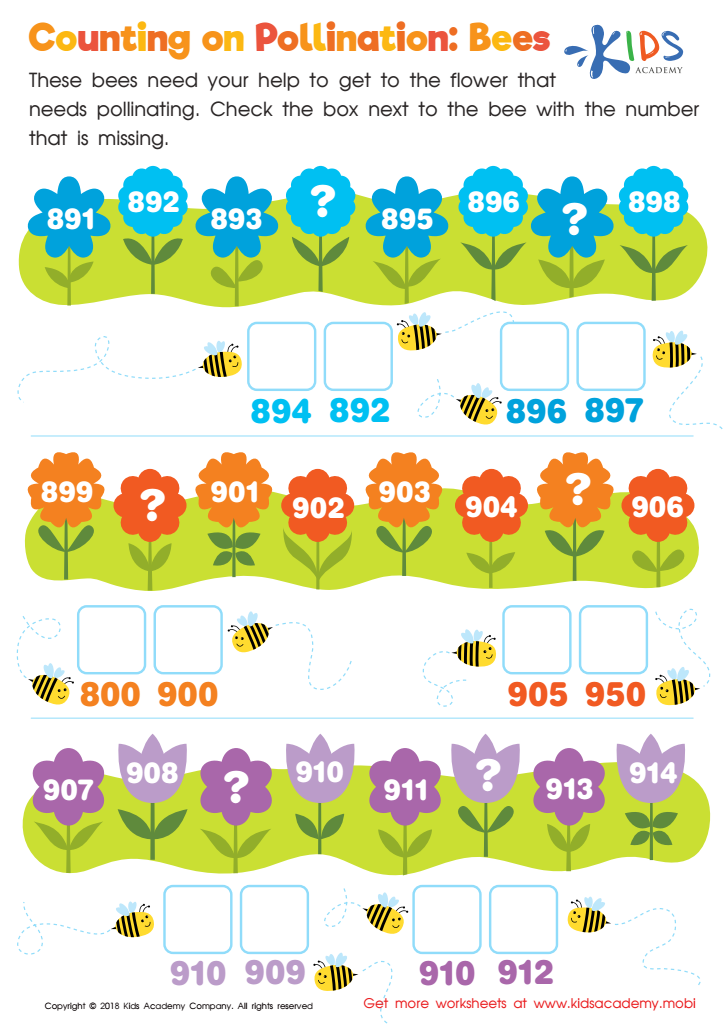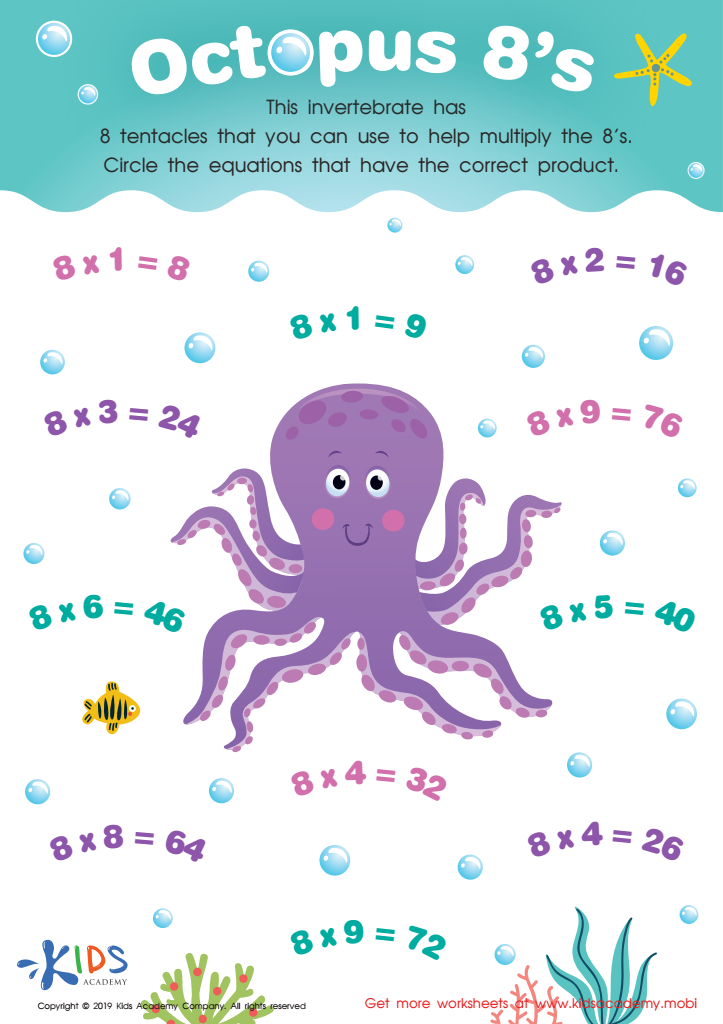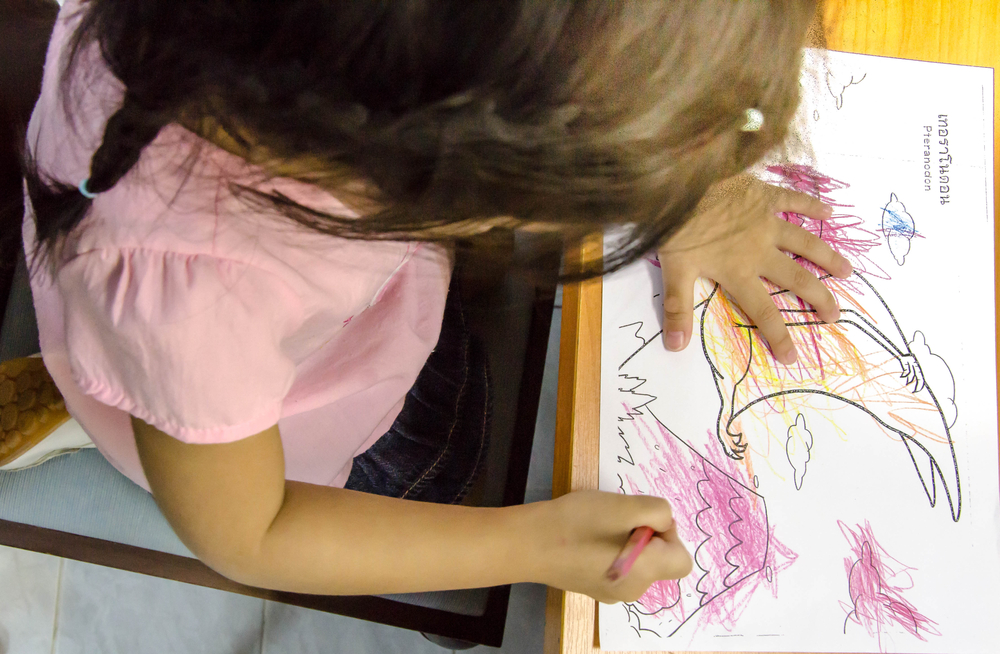Counting practice Science Worksheets for Ages 8-9
3 filtered results
-
From - To
Enhance your child’s counting skills and scientific understanding with our Counting Practice Science Worksheets for Ages 8-9. Designed by educational experts, these interactive and engaging worksheets combine numeracy practice with fascinating scientific themes. Kids explore topics like the solar system, animal classification, and plant life cycles while reinforcing their counting proficiency. Each worksheet features vivid illustrations and fun activities, making learning both effective and enjoyable. Compatible with school curriculums, our resources are perfect for classroom use or supplementary home study. Foster a love for math and science in your child with our expertly crafted worksheets!


Counting on Pollination: Bees Worksheet


More Octopus Facts Worksheet


Octopus 8’s Worksheet
Counting practice is more than a simple numerical exercise; it fundamentally shapes a child’s cognitive abilities, making it essential for children aged 8-9. At this age, kids are beginning to solidify their understanding of basic arithmetic, laying the groundwork for more complex mathematical concepts. Counting isn’t just about reciting numbers; it involves recognizing patterns, developing logical thinking, and building problem-solving skills. These are critical components of early mathematical education and are integral to subjects like science and engineering.
For parents and teachers, fostering an environment that encourages counting practice directly enhances a child's academic performance. Mathematics forms the basis for many scientific principles. If children are comfortable with numbers, they can more readily understand concepts like measurements, quantities, and data analysis in science fields. Additionally, engaging in counting games and activities can improve concentration, memory, and attention span. These cognitive skills are transferable across all areas of study, bolstering overall academic development.
Moreover, incorporating counting practice in everyday activities makes learning seamless and fun, reducing any anxiety associated with math. It allows children to apply numerical knowledge in real-life situations, such as cooking or shopping, thereby reinforcing their learning. Therefore, parents and teachers should prioritize counting practice to support holistic cognitive development and academic success in young learners.
 Assign to My Students
Assign to My Students



















